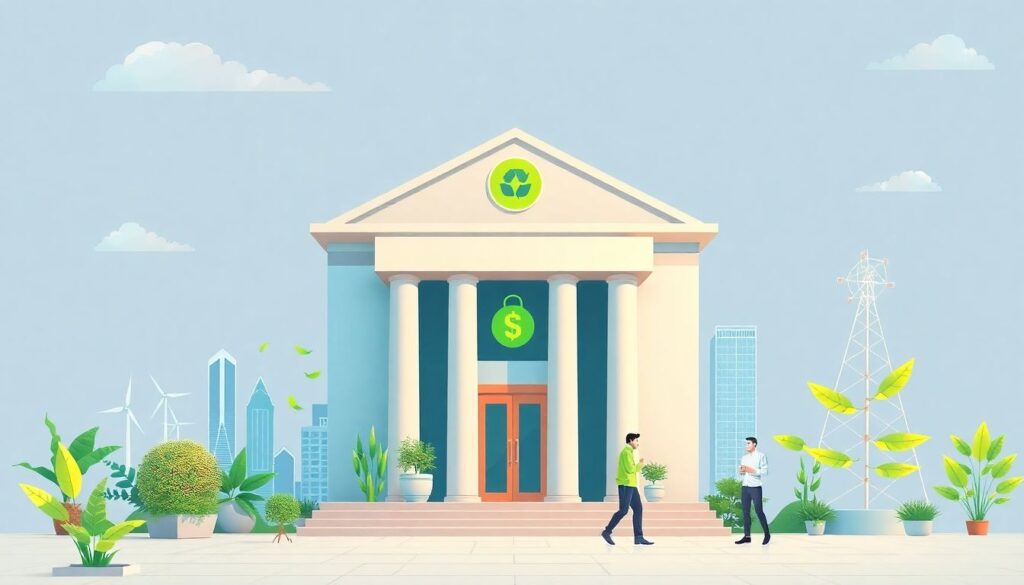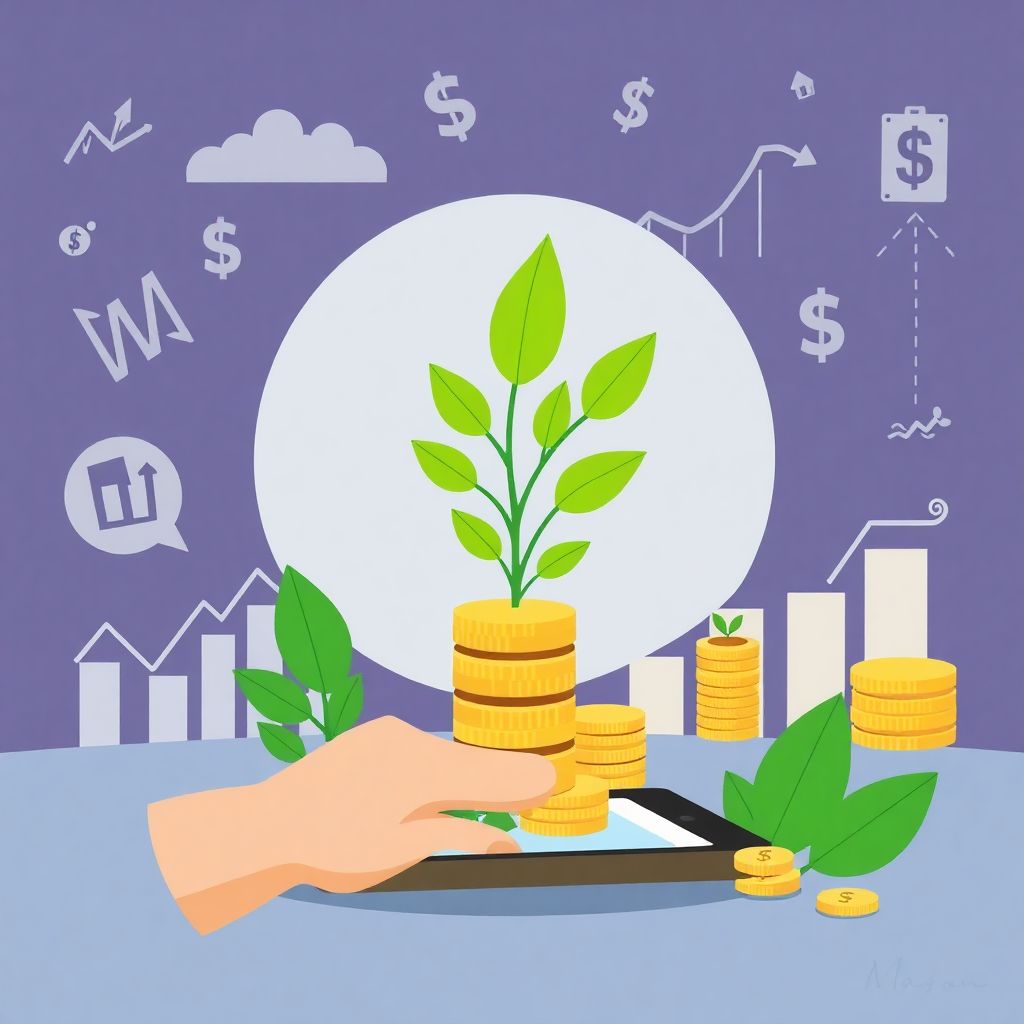Understanding the Foundations of Sustainable Personal Finance
Sustainable personal finance goes beyond simple budgeting or saving tips—it represents a long-term, environmentally and socially conscious approach to managing one’s money. At its core, sustainable finance integrates ethical values with financial decision-making, taking into account not just profitability, but the broader impact on society and the planet. According to a 2022 survey by Morgan Stanley’s Institute for Sustainable Investing, 79% of individual investors are now interested in sustainable investing, indicating a growing awareness that personal finance can be a vehicle for change. Unlike traditional financial strategies that prioritize accumulation of wealth, sustainable personal finance emphasizes balance: aligning expenditures with values, minimizing debt, investing responsibly, and supporting economic systems that promote equity and environmental stewardship.
Statistical Insights into Consumer Behavior and Financial Sustainability
Recent data highlights a shift in consumer priorities. For example, a 2023 report by Deloitte found that 55% of Gen Z and 48% of Millennials consider sustainability when making purchasing decisions, including where they bank or invest. Furthermore, the Global Sustainable Investment Alliance (GSIA) reported that sustainable investment assets reached over $35 trillion in 2020, representing more than a third of all professionally managed assets globally. This trend reflects a growing demand for financial transparency and accountability. Personal finance strategies that incorporate sustainability often include practices like divesting from fossil fuels, supporting green bonds, and prioritizing companies with strong environmental, social, and governance (ESG) ratings. These approaches show that consumers are increasingly willing to align financial behavior with ethical standards.
Comparing Traditional and Sustainable Financial Approaches
Traditional personal finance typically emphasizes maximizing returns, minimizing taxes, and building wealth through aggressive saving and investment strategies, often regardless of the ethical implications of those investments. In contrast, sustainable personal finance incorporates long-term societal and ecological considerations into every financial decision. For instance, while a traditional investor might prioritize a high-yield mutual fund, a sustainability-minded individual might opt for a slightly lower return through an ESG-focused fund, valuing environmental impact over pure profit. Budgeting practices also differ: sustainable finance encourages mindful spending, such as supporting local businesses or reducing consumption, whereas conventional budgeting might aim to simply cut costs without regard to ethical sourcing or sustainability. This philosophical divergence illustrates that sustainable personal finance is not just a different method, but a fundamentally different mindset.
Economic Implications and Systemic Impact
Economically, the shift toward sustainable personal finance can drive systemic changes in capital allocation and consumer behavior. As individuals collectively shift their investments toward socially responsible assets, they influence corporate behavior and market dynamics. For example, increased demand for ESG-compliant funds has led several large financial institutions to re-evaluate their portfolios and divest from industries with high environmental impact. This ripple effect demonstrates how individual financial choices can contribute to macroeconomic shifts. Moreover, sustainable finance can mitigate long-term risks associated with climate change, resource scarcity, and social inequality—risks that traditional financial models often underestimate. By internalizing these externalities, sustainable financial planning seeks to create resilient economic systems less vulnerable to ecological and social disruption.
Future Projections and the Evolution of Personal Finance

The future of personal finance is poised to become increasingly intertwined with sustainability principles. Analysts project that by 2030, global sustainable investment assets could surpass $50 trillion, driven by regulatory changes, consumer demand, and technological innovation. Financial technologies (fintech) are playing a pivotal role in this evolution, offering tools that enable users to track the carbon footprint of their purchases, invest in green portfolios, and identify ethically aligned products. Moreover, education on sustainable finance is becoming more accessible, with universities and online platforms offering specialized courses on ethical investing and conscious budgeting. As awareness grows, financial literacy will likely be redefined to include not just how to grow wealth, but how to do so in a way that supports planetary and human well-being.
Industry Impact and Opportunities for Innovation

The rise of sustainable personal finance is exerting considerable influence on the financial services industry. Banks are under pressure to offer greener products, such as low-carbon loans, sustainability-linked savings accounts, and ESG-compliant mutual funds. Fintech startups are capitalizing on this momentum by creating apps that integrate social values with financial services, catering to a new demographic of ethically conscious consumers. Furthermore, credit rating agencies are beginning to include ESG metrics in their assessments, potentially impacting borrowing costs and investment attractiveness. This shift is also prompting innovation in insurance, pensions, and real estate, where sustainability metrics are becoming standard in risk assessment models. As a result, the industry is undergoing a paradigm shift where long-term social and environmental outcomes are no longer peripheral concerns, but central to financial strategy.
Conclusion: Toward a Holistic Financial Ethic
In conclusion, sustainable personal finance is evolving from a niche philosophy into a mainstream approach that challenges conventional wisdom about wealth and success. It offers a comprehensive framework that aligns personal goals with the broader needs of society and the environment. While traditional finance prioritizes efficiency and returns, sustainable finance introduces a multidimensional view that considers long-term impact, resilience, and ethical responsibility. As awareness continues to grow and infrastructure improves, individuals will have more tools and incentives to make finance a force for good. The real challenge lies not in the availability of sustainable options, but in the willingness to adopt a new financial ethic—one that values balance over accumulation, and purpose over profit.

